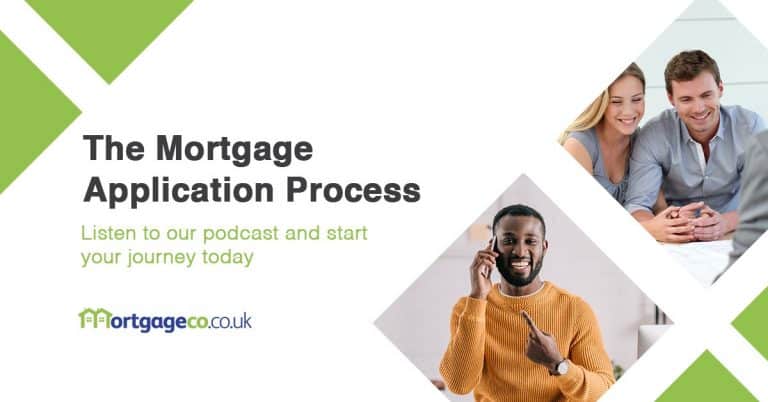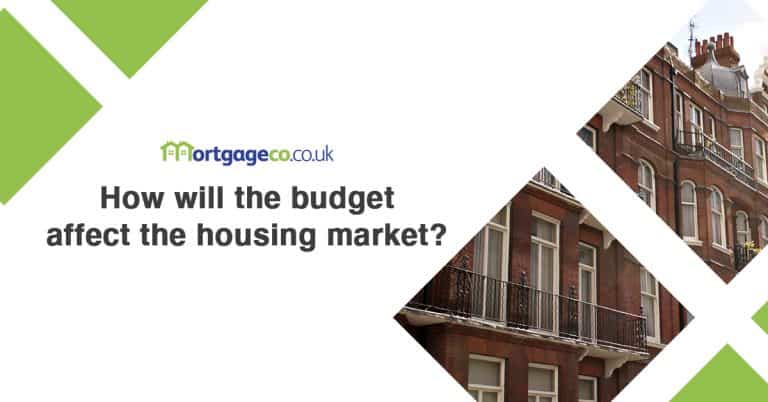What Income do Mortgage Lenders Look at Self-Employed
- Free No-Obligation Consultation
- Access to Competitive Rates
- We Find the Right Lender for You!
Get in touch for a free, no-obligation chat with an adviser about how we might be able to help.
Home » Self-Employed Mortgages » What Income do Mortgage Lenders Look at Self-Employed
What Income do Mortgage Companies look at Self-Employed?
What counts as Self-Employed?
Self-Employed income counts towards your mortgage application if you earn more than 25% of your income through one of the following types of activity:
- Sole Trader/ Freelancer
- Contractor
- Limited Company Director
- Partner – You will need to own 25% or more of the business for it to count
Whilst business owners and professionals who trade independently often earn more than people in employed roles, there tends to be a higher level of fluctuation in their income, which makes it difficult for lenders to see a stable income pattern.
Proving your income
In order to mitigate this risk, Mortgage Lenders require self-employed applicants to evidence a more substantial working history, with two to three years of proof being a typical request.
Some lenders offer mortgages to self-employed applicants who have been trading for just one year however, so it’s important to approach the right lender for your needs. We can help you to find a lender who offers competitive deals to match your circumstances.
Whatever the length of proof requested, how you prove your income will differ slightly based on the type of self-employed activity you participate in, the below explains what is required as proof in each case.
Proving your income as a Sole Trader
As a Sole Trader or Freelancer you should provide evidence of your personal income to cover the requested duration. The following documents will be required:
- Certified accounts
- Tax Calculations and Tax Year Overview from HMRC and self assessments
Proving your Income as a Company Director
As a Limited Company Director the majority of Mortgage Lenders will use your personal salary and dividends to calculate your affordability, although some will also consider net business profits.
As a part owner, your share will need to equate to more than 20-25% (depending on different lenders’ criterias). If you qualify, then your share of the net profits are used to calculate your affordability.
Documents required to prove income from your business are:
- Certified accounts
- Tax Calculations and Tax Year Overview from HMRC forms
- Business bank statements
- Additional support such as projected income or future business plans are sometimes required, especially for shorter trading histories.
Proving your income as a Contractor
Depending on your contracting style and the lender, some will assess you as a Sole Trader and others will look at an annualised day-rate, more like a salary for an employed person. To provide evidence of income, you will need
- Certified accounts and Tax Calculations and Tax Year Overview from HMRC
- Evidence of contracted day-rate, if applicable
- Proof of continued work availability, such as future contract agreements
Speak To An Expert
Our team of experts are experienced in catering for a range of clients, needs and property types. With a vast array of qualifications and accreditation from the financial accreditation agency you can be confident of quality service and sound advice.
Do Self-Certified Mortgages still exist?
Self Certification mortgages have not existed since 2009 when they were banned by the Financial Conduct Authority. The unethical lending practices involved with Self-Cert mortgages cause significant financial difficulties for many and self-employed are now required to evidence their income.
How do you go about getting a mortgage if you are Self-Employed?
Self-Employed mortgage applications are the same as they are for any other applicant, particularly from the borrower’s perspective. The same range of mortgage products are largely available to you and you are no less likely to secure a mortgage, provided you are able to adequately prove your income.
To ensure you get the best mortgage for your circumstances, self-employed applicants in particular will benefit from using a Mortgage Broker like ourselves, both in terms of preparation and finding the most appropriate lender.
How do I improve my chances of my mortgage application being approved?
The key to successfully securing a mortgage as a self-employed applicant is to plan well in advance of applying for a mortgage.The following steps will help put you in the best place to apply:
- Ensure your finances are in order, accounts are authorised by a certified accountant and personal earnings are maximised. For example, Limited Company Directors may choose to draw more dividends in the period leading up to their application.
- Save to enable you to offer more than the minimum required deposit, which will also open up access to more competitive rates
- Improve your credit score:
- Ensure you are registered on the electoral roll at your current address
- Review your credit file, correcting addresses, removing ex partner details and closing dormant accounts
- Pay all bills and creditors on time and in full, if possible
- Reduce use of credit facilities and repay debts
Speak to Mortgage Co
Speaking to a Mortgage Broker can also improve your chances of securing a mortgage successfully. Here, at Mortgage Co, we can check your details against a wide range of lender criterias to ensure that you only apply to those whose criteria closely matches your circumstances.
Our current and comprehensive knowledge of lender criterias will also help us to ensure you are fully prepared for your application and provide advice on any adjustments that you may need to make, so that you are able to meet them in the future.
Useful Links
- Self-Employed Mortgages
- Limited Company Director Mortgages
- Self-Employed Mortgages One Years' Accounts
- Buy to Let Self-Employed
- Documents Needed for a Self-Employed Mortgage
- Joint Mortgage One Applicant Self-Employed
- What Income do Mortgage Companies look at Self-Employed
- Are Self-Cert Mortgages Still Available
Why MortgageCo?
- Raising The standards of financial advice
- Making financial advice accessible to all
- Trusted & stress-free financial advice
- Friendly, personable advisors











